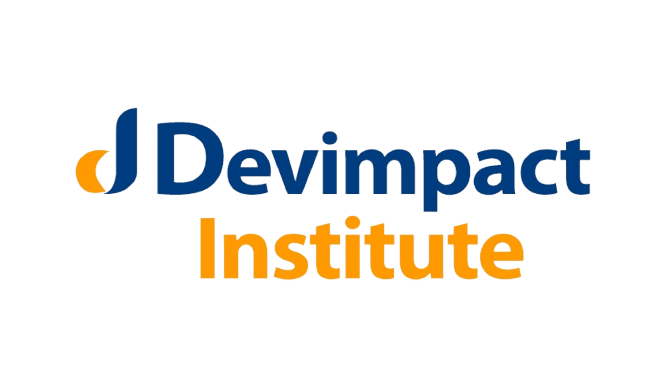
Training on Banks and Banking Operations
Banks perform a myriad of functions, including deposits and withdrawals, currency exchange, forex trading, and wealth management. Also, they act as a link between depositors and borrowers, and they use the funds deposited by their customers to provide credit facilities to people who want to borrow.
Banking operations refer to all processes and activities that are performed to ensure effective, safe and appropriate customer transactions. Within banks, thousands of people handle the closing and fulfillment of loans, the processing of payments, and the resolution of customer disputes.
Training on Banks and Banking Operations gives an understanding of these operations and the wide variety of activities undertaken and services provided by banks, how they operate and are regulated, and explains why banks are so important and how their activities impact on modern life, people, business, government and the economy.
Target Participants
Training on Bank and Banking Operations is targeted towards Bankers and banking professionals, operations managers with a particular focus and role expectation of taking care of overall operations within a bank, staff and heads of other financial institutions interested in understanding banking operations in detail and individuals or potential shareholders with a keen interest in the performance and efficiency of financial institutions.
What You Will Learn
By the end of this course the participants will be able to:
- Understand the structure and functions of banks in the financial system
- Learn about different types of banking products and services offered to customers
- Explore the processes involved in deposit taking, lending, and credit operations
- Gain insights into risk management practices and regulatory compliance requirements in banking
- Develop skills in customer relationship management and delivering excellent customer service
- Learn about emerging trends and technologies shaping banking operations
- Explore career opportunities and professional development pathways in the banking industry
Course Duration
Classroom Based – 5 Days
Online – 7 Days
Module 1: Introduction to Banking
- Overview of the banking industry and its role in the economy
- Types of banks and their functions (commercial, investment, central, etc.)
- Evolution of banking and current trends
Module 2: Banking Operations
Retail Banking
- Consumer loans and mortgages
- Deposit and withdrawal processes
- Account management
- ATM services
- Customer service excellence
Business Banking
- Business loans and credit facilities
- Treasury functions
- Payables and receivables management
- Relationship management
Private Banking
- Serving high-net-worth individuals
- Wealth management services
- Estate planning
- Investment advisory
Module 3: Banking Products and Services
Deposits and Savings
- Savings accounts
- Fixed deposits
- Certificates of deposit
- Know Your Customer (KYC) and Anti-Money Laundering (AML) regulations
- Deposit mobilization strategies and customer onboarding
Lending and Credit
- Personal loans
- Home loans
- Credit cards
- Trade finance
- Credit appraisal and underwriting processes
- Loan origination, disbursement, and documentation
- Loan portfolio management and risk mitigation techniques
Investment Services
- Mutual funds
- Securities trading
- Wealth advisory
Module 4: Banking Regulations and Compliance
- Legal framework for banking operations
- Anti-money laundering (AML) regulations
- Know Your Customer (KYC) procedures
- Basel Accords and capital adequacy
Module 5: Risk Management in Banking
- Types of banking risks (e.g., credit risk, liquidity risk, operational risk)
- Risk assessment and mitigation strategies
- Basel III framework and regulatory capital requirements
Module 6: Customer Relationship Management
- Importance of customer service in banking
- Strategies for building and maintaining customer relationships
- Handling customer inquiries, complaints, and feedback
Module 7: Banking Operations Technology and Innovation
- Role of technology in banking operations (e.g., core banking systems, digital banking)
- Fintech trends and innovations in banking services
- Cybersecurity measures and data protection in banking
Module 8: Financial Statements and Analysis
- Understanding balance sheets
- Income statements
- Key financial ratios
- Performance evaluation

